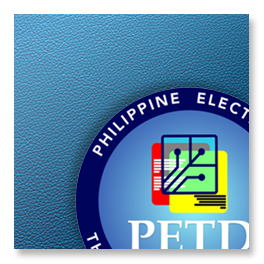Attitudes to slavery and race in Seychellois Creole oral literature
Abstract: Seychellois society is characterized by its people’s belief in the sovereignty of their independent state and pride in their creole identity and culture. The source of that culture however, is sixteenth century slavery, which in Seychelles lasted well after Abolition. Because the Seychellois population has a strong component of African slave descent, the current attitude that slavery and colonialism is no longer relevant to Seychellois society is contradictory. Like in all such creole societies, there is an underlying sense of trauma in the Seychellois’ perception of him/herself, which is expressed in the language and folklore of the people. This thesis explores the trauma resulting from Seychelles’ painful past of slavery, as reflected in its orature. The analysis begins with the local historical factors, then moves on to the wider creole world of the Indian Ocean and the Caribbean, offering some interesting insights into the common experiences of Creoles in ex-slave societies and the complex nature of their identity issues. In the case of Seychelles, three aspects of its creole orature, the proverb, the riddle and a dance form called the moutya, expose past and present trauma. These types of orature also reveal the creativity and resilience of their societies, through the creolization process, which has given them new and more positive identities in the modern world. As such, the recommendations made aims to address the trauma of the past as the beginnings of a healing process.
Related Resources
“Nothing Stranger†is a collection of dystopian short stories concerned with themes of motherhood and violence submitted for consideration as a creative dissertation at the University of Tennessee.
The aim of this study is to look at the connections between speech and gesture at the level of iconic gestures and their lexical affiliates. The primary interest is to see if the lexical affiliates of gestures representing the four aspects of iconicity belong to any specific word class or take a...
